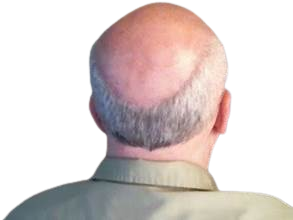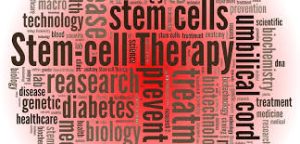Introduction
Baldness, medically known as androgenetic alopecia, is a common condition that affects millions of men worldwide. While it might not pose a threat to physical health, it can significantly impact self-esteem and confidence. In this blog post, we will delve into the reasons behind male baldness, its prevalence, and some effective preventive measures.
Causes of Male Baldness
- Genetics: One of the primary causes of male baldness is genetic predisposition. If your parents or grandparents experienced hair loss, there’s a higher chance you might too.
- Hormonal Changes: Hormones, specifically dihydrotestosterone (DHT), play a significant role in male pattern baldness. DHT can shrink hair follicles, leading to finer and shorter hair, eventually causing them to stop growing altogether.
- Age: As men age, the likelihood of experiencing baldness increases. Hair growth cycles slow down, and hair follicles become less active, resulting in thinner and weaker strands.
- Poor Diet and Nutrition: Lack of essential nutrients like vitamins, minerals, and proteins can weaken hair and lead to hair loss. A balanced diet is crucial for maintaining healthy hair.
- Stress: Chronic stress can disrupt the normal hair growth cycle, leading to increased hair shedding and potential baldness.
- Medical Conditions: Certain medical conditions such as thyroid disorders and autoimmune diseases can cause hair loss.
Prevalence of Male Baldness
Male baldness is incredibly common, with studies suggesting that approximately 50% of men over the age of 50 experience some degree of hair loss. By the age of 70, this number increases to nearly 80%. It’s a natural part of the aging process for many men.
Preventive Measures
- Healthy Lifestyle: Adopting a balanced diet rich in vitamins, minerals, and proteins is essential for promoting hair health. Regular exercise and stress management techniques like yoga and meditation can also help.
- Regular Hair Care: Avoid harsh hair treatments and hairstyles that pull tightly on the hair. Be gentle while washing and drying your hair to prevent breakage.
- Avoid Smoking and Excessive Alcohol: Both smoking and excessive alcohol consumption can contribute to hair loss. Quitting smoking and moderating alcohol intake can promote overall health, including hair health.
- Early Intervention: If you notice signs of hair thinning, consider consulting a healthcare professional or a dermatologist specialized in hair loss. Early intervention with medications like minoxidil or finasteride can slow down or even reverse the hair loss process for some individuals.
- Hair Care Products: Use mild, natural hair care products that suit your hair type. Avoid excessive heat styling, as it can damage the hair shafts.
Conclusion
Male baldness is a common and natural occurrence that many men experience as they age. While it might not be entirely preventable, adopting a healthy lifestyle, being mindful of hair care practices, and seeking early intervention if needed can significantly slow down the process and promote overall hair health. Remember, embracing your natural appearance with confidence is the key to self-assurance, regardless of your hairline.
- Male Baldness
- Androgenetic Alopecia
- Hair Loss Causes
- Preventing Baldness
- Hair Health
- Genetic Hair Loss
- Hair Loss Prevention
- Male Pattern Baldness
- Hair Care Tips
- Healthy Hair Habits
- Hair Growth Techniques
- Hair Loss Solutions
- Preventing Hair Thinning
- Hair Care Practices
- Stress and Hair Loss




Really useful information 👍 appreciated